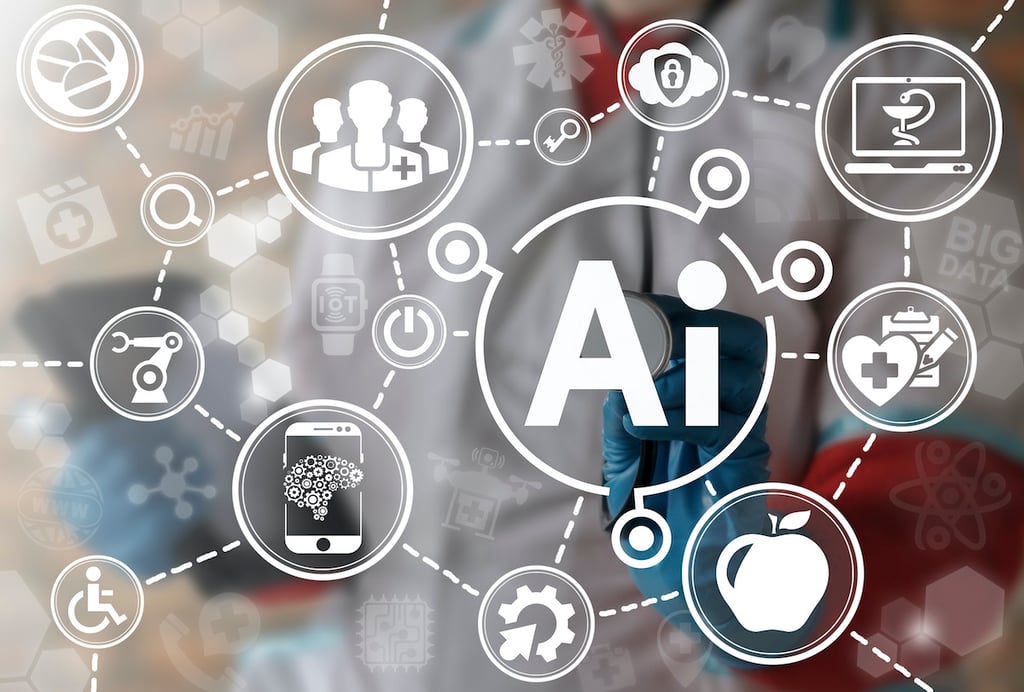This week Mercedes announced that it will be extensively using NVIDIA’s mobile supercomputer technology in cars to appear in the market in 2024. This announcement makes a difference for how I view Mercedes because my experience with the company has been anything but positive. This could fix that and make Mercedes not only into a more successful car builder, but one that sets the bar in terms of customer satisfaction and engagement.
One thing jumped out at me: Mercedes buyers who get these cars will have the ability to customize the software. This change could, depending on how it’s implemented, address why I got rid of my last Mercedes and vowed never to buy another.
For NVIDIA, this is a game-changer because of the depth of commitment and power the Mercedes brand offers. For Mercedes, it could change their image from a company that builds excellent cars but doesn’t listen to customers to one that embraces those customers better than anyone else.
Let’s chat about how the coming deeper integration of drivers and cars could showcase how technology products could be better conceived to connect users to their products equally well.
My experience with Mercedes
A couple years ago, I bought a Mercedes GLA-45 AMG. I paid cash, was very clear on what I wanted, picked up the car in Germany, and from the moment I got the car, I was disappointed in the company.
The first feature I’d picked was a built-in garage door opener. It was a feature that didn’t deliver due to some internal change at Mercedes. It was priced at $150, but to install it post-delivery was closer to $1,500. When I picked the car up in Germany with a planned trip, it became the worst vacation of my lifetime due to avoidable mistakes.
For instance, for one of the dinners (which I paid for), they made us sit on wooden tables and fed us two big meatballs with no choices. They told us we were missing out on some of the best food in Germany while giving us no option to eat any of it. It felt like I was being punished for buying the car.
Finally, I bought the car to drive on the track, but it had an automatic electric emergency brake that couldn’t be disabled. This resulted in the brake pads to adhere to the rotors, making the car unsafe to drive on the track. When I brought this up with the AMG folks, their response wasn’t understanding. They implied I was an idiot for complaining about something I could manually override if I reacted fast enough.
So even though the car was a marvel to drive and a ton of fun, I found dealing with the company unacceptably tricky. But what NVIDIA and Mercedes announced could fix this.
The Tesla model
Interfacing with individual customers is difficult for every car company, and it extends beyond car companies. I’ve run into similar situations with PC OEMs and even Microsoft. I once spoke to Microsoft’s last CEO Steve Ballmer about this, and he said with millions of customers, he couldn’t possibly engage with every one of them, resulting in balls getting dropped. But what if the product itself could improve that engagement? What if rather than dealing with people, you just interfaced with your car, and your car interfaced with the firm as your advocate?
GM’s Cadillac division found a few decades back that when cars are resold, people experience the brand differently. Cadillac wanted to run an ad talking about people that bought used Cadillac’s, but they killed the effort because not only were folks not happy, they weren’t the ideal Cadillac brand representation.
This post-sales support was something Tesla tried to address by assuring their cars were software updatable. They supposed it would preserve the customer experience and indicate that used Tesla’s were still mostly serviced and supported by Tesla. Tesla even had upgrade programs where you could upgrade your car for a cost far less than a new one.
This policy had multiple benefits: it assured the Tesla brand and customer satisfaction, it provided an extended revenue stream post-sale, and it potentially reduced the number of scrapped cars. Oh, and Tesla customer loyalty is through the roof for suggesting a program that allows for both software and hardware upgrades and focusing on what the buyer wants. It can lead to far more successful customer loyalty.
The software-defined car
While Mercedes hasn’t announced a hardware upgrade similar to Tesla yet—I expect it is coming closer to when the cars will be available—this latest announcement promises a car that will be far more customizable than even Tesla now has. From the way the driver assistance technology works to how the car looks and feels, these features will increasingly be under the control of the driver. I also expect that the customized features will follow you to other Mercedes cars.
The intelligence they are putting in the car will also be more reactive and proactive. If you become impaired, it will have the ability to either take control or call for something like an Uber or ambulance, depending on the cause of the impairment.
It could be downloaded with your profile, allowing it to adapt to your unique needs. The car should also be able to configure temperature, seat position, and interior lighting to your preference and adjust it dynamically depending on the situation. If you are on the freeway with your seat back and arms extended, the driver’s aids fully deployed would be the mode. When on the track, you’d be pushed in closer, and the aids would be more focused on helping with your lines and coaching you on braking and acceleration.
A paid software upgrade could provide you with track maps, and a dedicated digital coach could help you improve on the track without hiring a coach. Imagine another paid upgrade providing you with a tour guide to keep you company on a long drive with stories about things you were passing. I can imagine a feature to chat with other Mercedes drivers who were also trying to kill time on their long drives—kind of an update on the old CB radio experience (hey breaker, breaker).
Wrapping up: Building an unparalleled customer experience
I spoke about the GLA-45 experience, which was a great car but a painful company experience. However, my first Mercedes, a GL-320, was a tank. I was hit three times in that truck, and it shrugged everything off. It was excellent off-road, but the service tech at the dealer treated us like we were too poor to drive it. And again, it turned us off the brand.
But with a software-defined car, the car itself can become the interface into the company and the experience taken away from human hands. You could upgrade features with software for a fraction of the hardware cost and provide custom profiles for track and street that would deal with any issue, including my emergency brake issue.
If the issues with corporate and dealers were mitigated, I could again focus on what remains one of the best-built cars in the world. Eventually, all successful smart products will go down this path. It will be just a matter of time when the product you buy will stay with you for much of your life, upgrading over time, and dealing with all the support issues itself rather than involving you needlessly.
I can now imagine getting into that future Mercedes and have it ask me if I wanted to quietly leave or wake the dead and kick a little ass. And, if I responded I’d like the latter, leaving my driveway with the neighbors wondering if the world was ending with a big smile on my face. That’s a future to wait for, and I can hardly wait!
Rob Enderle has been a TechnologyAdvice columnist since 2003. His areas of interest include AI, autonomous driving, drones, personal technology, emerging technology, regulation, litigation, M&E, and technology in politics. He has an AS, BS, and MBA in merchandising, human resources, marketing, and computer science. Enderle is currently president and principal analyst of the Enderle Group, a consultancy that serves the technology industry. He formerly worked at IBM and served as a senior research fellow at Giga Information Group and Forrester.










